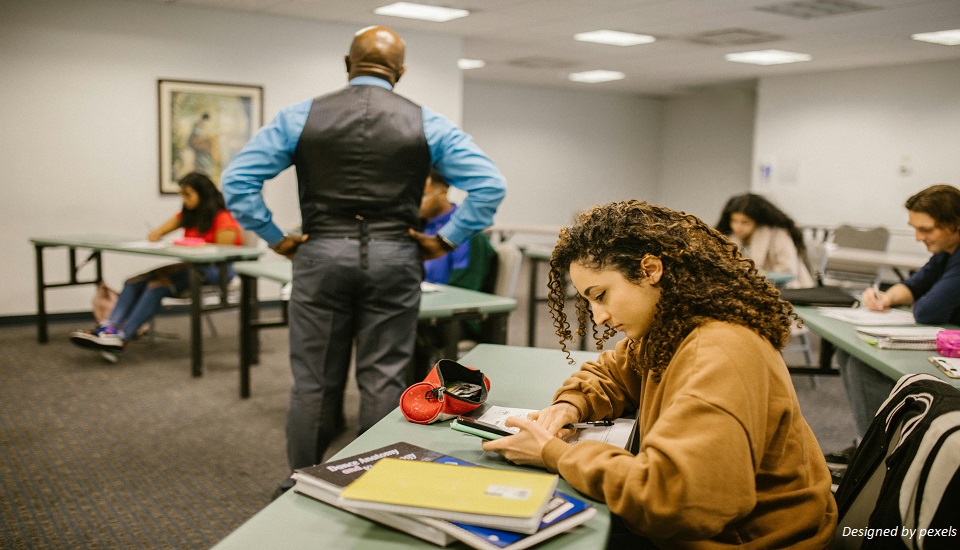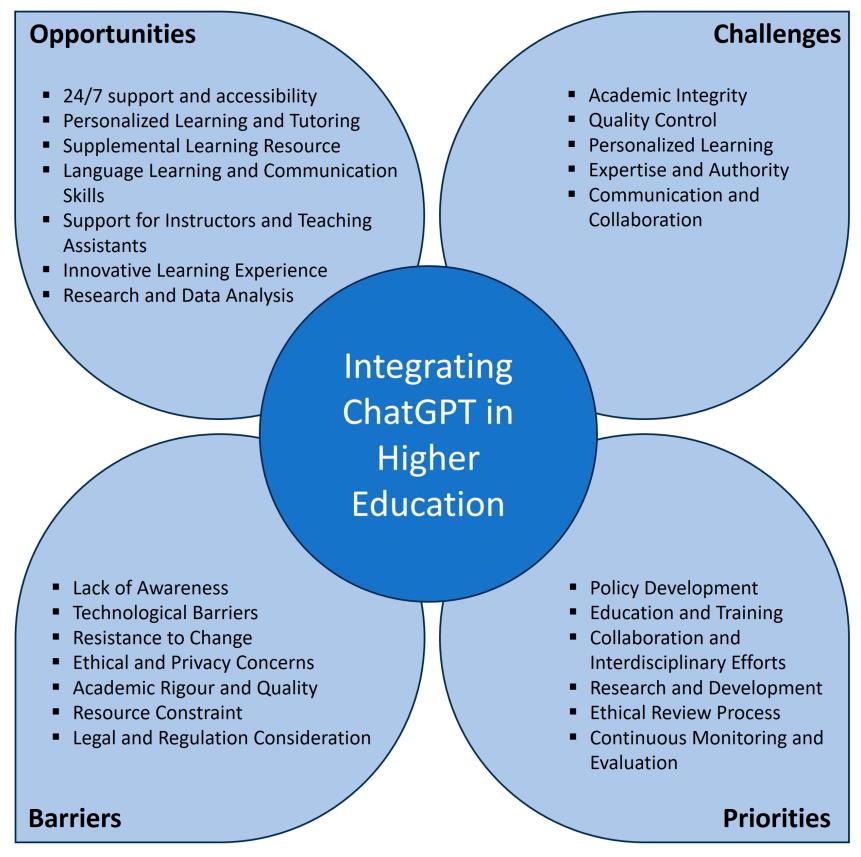6 Effective Ways To Prevent Your Students From Cheating Using ChatGPT And AI
25th April 2024

ESL teachers saw very once how serious the changes brought forth by ChatGPT were. They were aware that schooling would never be the same. It's simple to come up with ideas with ChatGPT, but there's concern that students could rely too much on it. While this is true, for educators and learners to adjust to the new digital environment, they need to adopt new perspectives. Here are some concrete methods to put an end to ChatGPT's cheating and restore your sanity in the AI era.
6 Steps To Stop Students From Cheating With AI And ChatGPT
Understanding evolving technologies is your greatest line of protection. You may lead your students through best-use situations in this way.

TEFL teachers can take the following actions to stop students from cheating with ChatGPT:
1. Promote Responsible Labels
Give your students the choice to designate whether their tasks or homework were completed totally by hand, partially using ChatGPT, or a combination of the two by using the ‘responsible’ labels. This method encourages honest and open communication, which makes it harder for kids to participate in dishonest activities. Your students will be able to appreciate ‘100% human creation’ as something significant and unique while also understanding that using ChatGPT is allowed.
Do you follow us on Social Media? We regularly share upgraded educational content, tips, feedback, and more. Check us out by clicking the profiles here - Facebook / Twitter / LinkedIn / Pinterest / Instagram / YouTube
2. Use AI Detection Tools
Using technical tools made expressly to identify plagiarism and the usage of artificial intelligence (AI) is one efficient way to stop cheating that is facilitated by AI. Complete plagiarism detection services, including the ability to identify text produced with AI aid, are offered by such platforms.
3. Utilize Applied Learning
AI cheating can be reduced by integrating applied learning strategies into science curricula. Students are actively engaged while learning through practical experiments, hands-on activities, virtual laboratories, and real-world applications of scientific concepts. This makes it more difficult for them to depend only on answers supplied by AI. Facilitating the development of problem-solving abilities and critical thinking in pupils via hands-on experiences leads to a more profound comprehension of the curriculum.
4. Opt For Personalised Assessment
The majority of cutting-edge learning resources let teachers personalize tests for their pupils. This is a fantastic chance to ask creative, distinctive questions that are difficult to quickly answer by an AI tool or search engine. Even adaptive learning, which adapts to the demands of specific learners, is possible with certain technologies. Because students can't seek the answers to unique questions, this makes it more difficult for pupils to cheat and enables instructors to tailor simulations to their learning objectives.
5. Encourage Collaboration
Encouraging cooperative learning settings is a successful strategy for preventing cheating. Promoting collaborative learning, group projects, and problem-solving among students cultivates a feeling of shared accountability for maintaining academic integrity. Students can develop their communication skills and learn from one another when they work together.
6. Ask For Written Reflections
Regularly assigning written reflections is a useful tool for evaluating how well students comprehend the material. Teachers can learn more about their students' understanding and identify any irregularities that might point to cheating by asking them to analyze scientific topics and write personal thoughts. Students are encouraged to build their distinct ideas and engage in critical thinking via the use of this strategy.
Navigate The Evolving Landscape
The secret for ESL instructors navigating this changing terrain is to find a balance between utilizing AI's potential and piquing students' interest, involvement, and concentration. Along with this, you can also equip yourself with an offline or Live Online TEFL Course. By doing this, students foster their academic integrity, critical thinking, and problem-solving abilities all of which are crucial for success in academics as well as preparing kids for the technological future.
We believe education should be accessible for everyone. That’s why we don’t charge for our blogs. Find the right course that will help you in your career with us, contact us at 1800–212–6400. You can mail us at act@asiancollegeofteachers.com
Written By: Sanjana Chowdhury